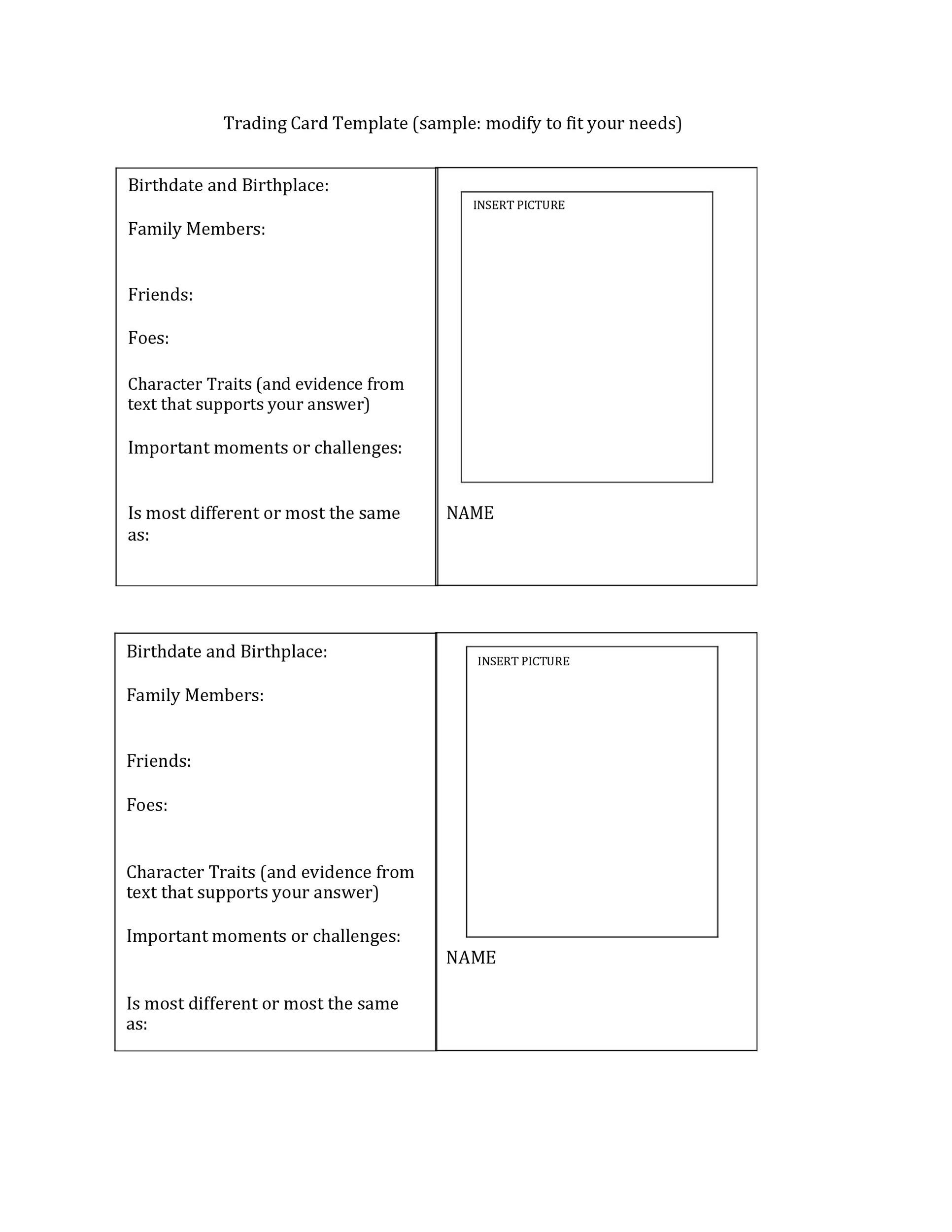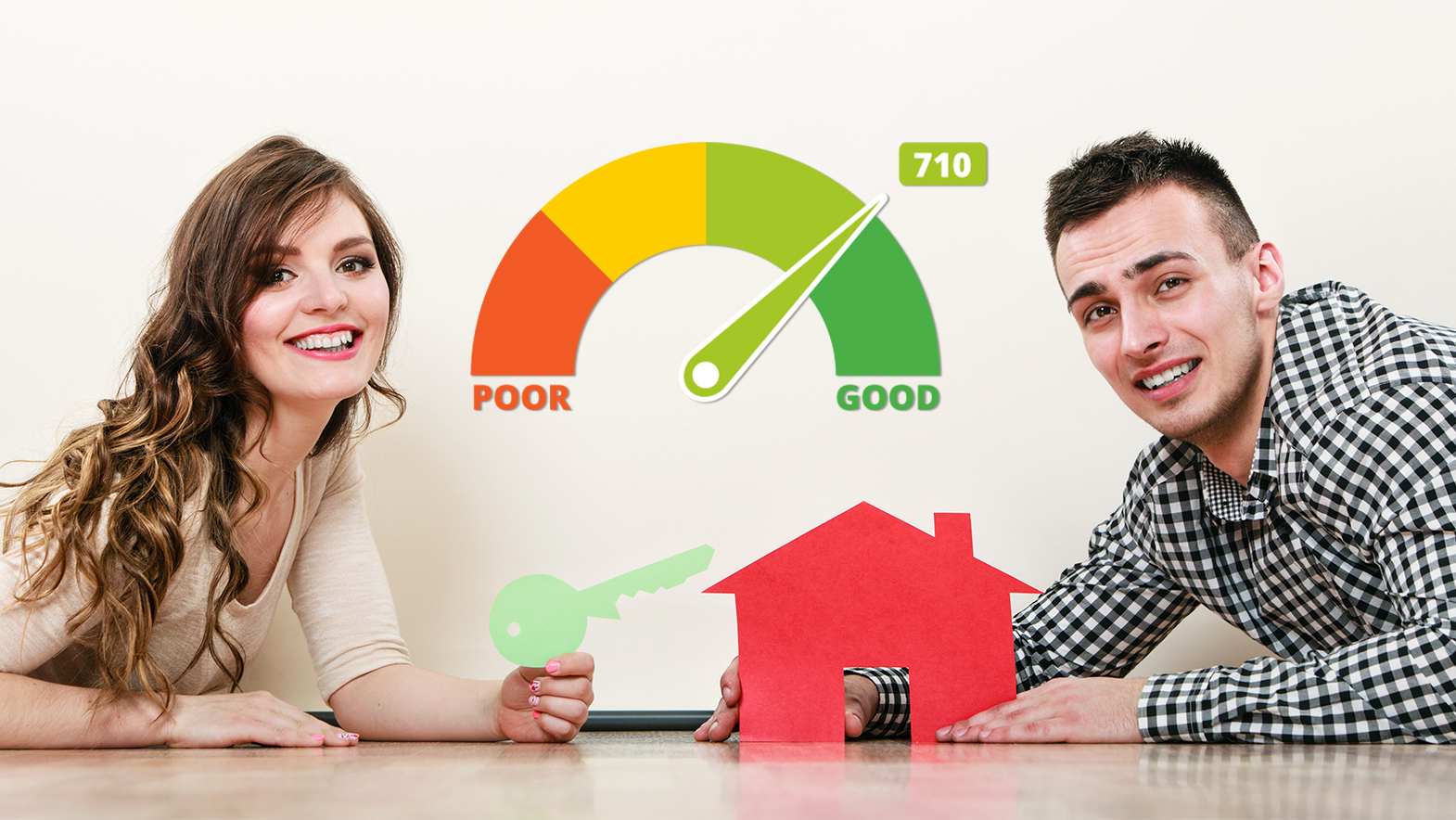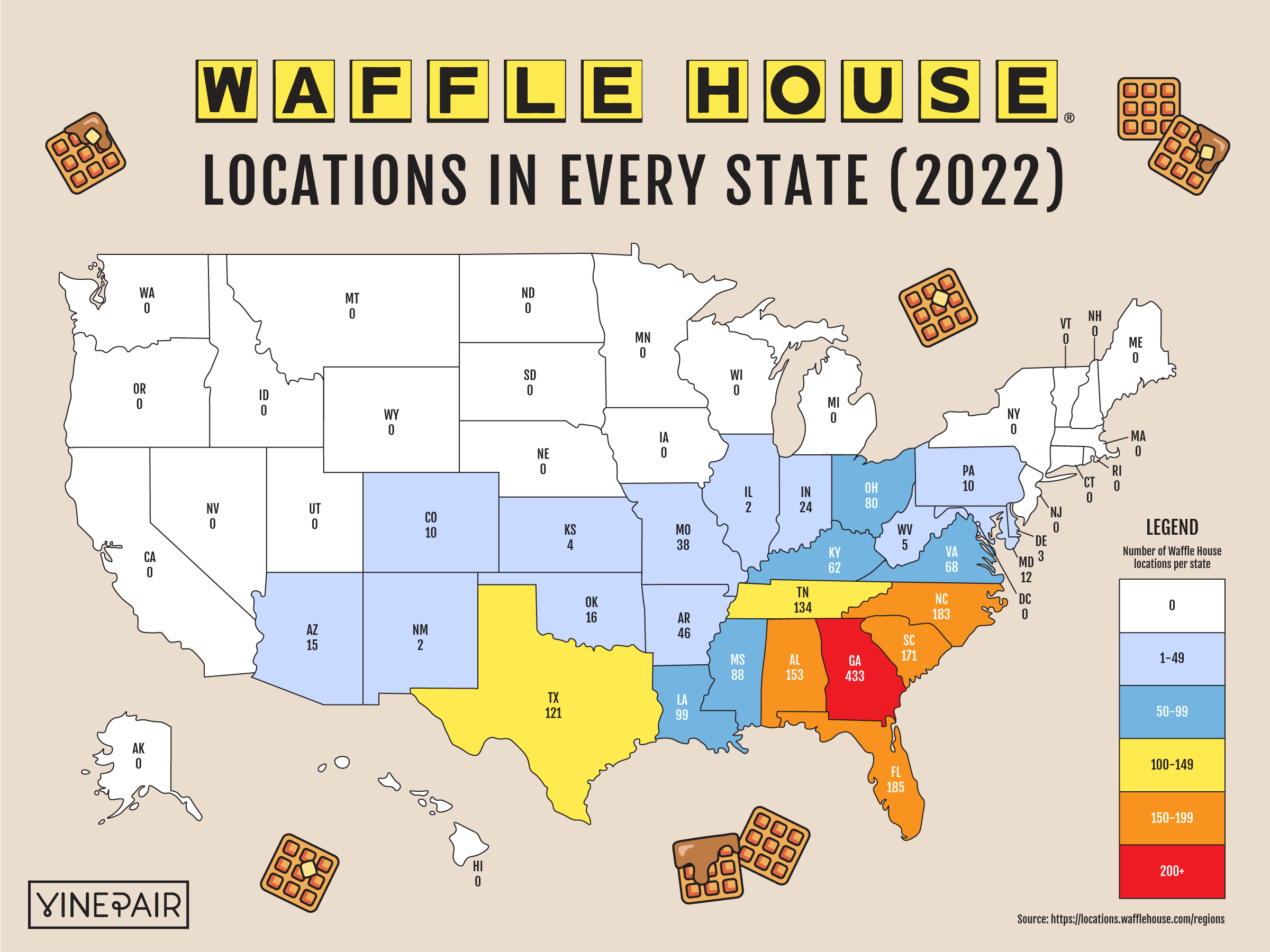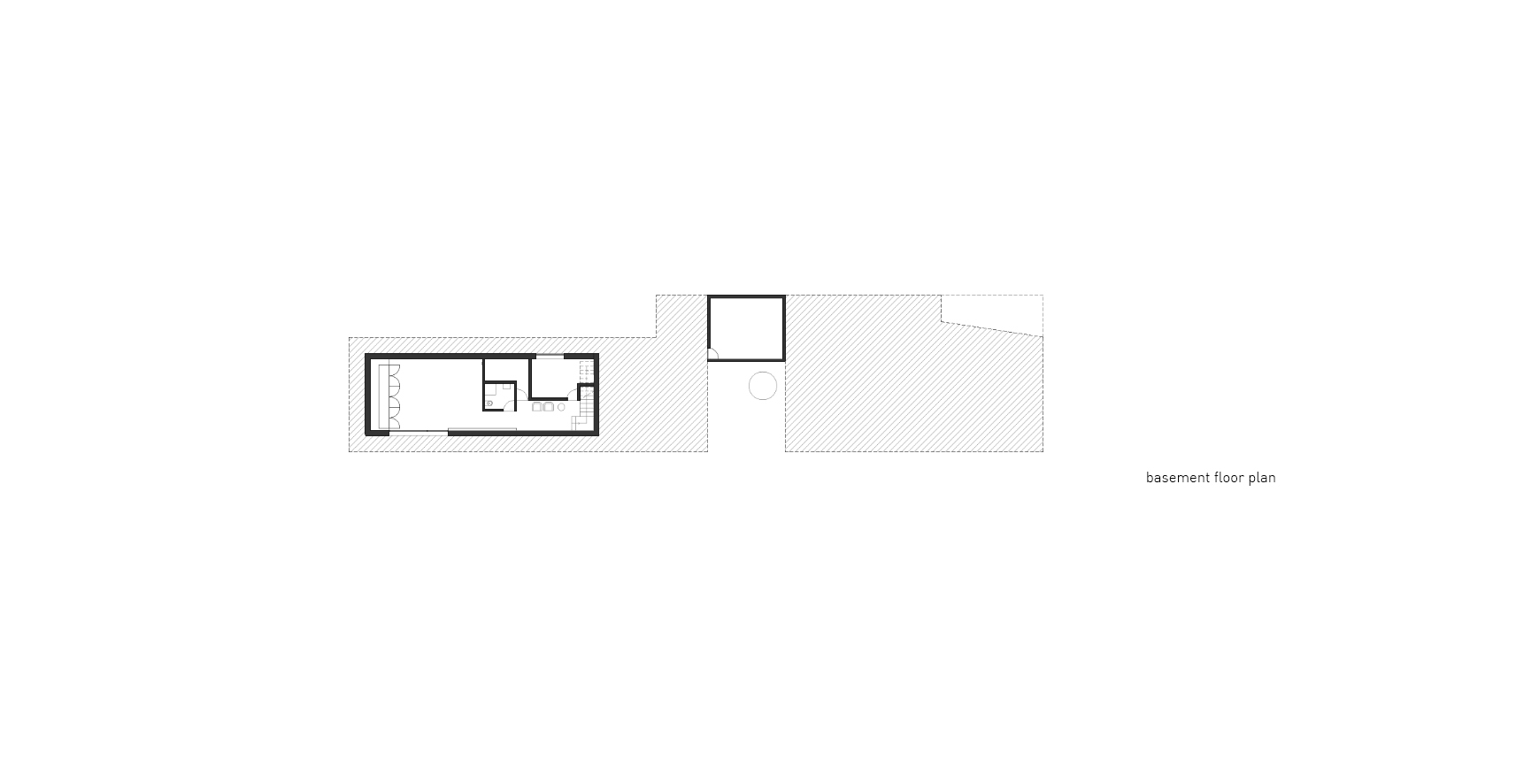Table Of Content

Though it’s difficult to get a mortgage with bad credit, it’s not impossible. In fact, some mortgage types specifically cater to borrowers with less-than-ideal credit. When you’re shopping for a home with bad credit, there are a few steps you can take to improve your chances of approval. VA loans and USDA loans are government-backed loans that don’t require a down payment or have a set minimum credit score.
Compare lenders and get preapproved
Although the VA has no minimum score requirement, most lenders set their minimum between 580 and 620. A 620 credit score is typically what you’ll need to get a mortgage for a home purchase. Although you can buy a house with a credit score as low as 500, you’ll pay a higher rate and make a larger down payment. You’ll also end up with a much larger monthly mortgage payment, which has a direct effect on the home price you’ll qualify for.
Keep your credit utilization low

Generally, a co-borrower is someone who would purchase the home with you and would be listed jointly on both the loan and the title. A co-signer, on the other hand, is someone who agrees to take responsibility for the loan if you can’t repay it. Technically, both a co-borrower and co-signer have the same financial responsibility, but whether you use a co-signer or a co-borrower can affect who owns the property. Because home-buying may be more complicated when you have bad credit, there are some additional steps you can take to increase your chances of approval.
How much should my down payment be?
Best Time To Buy A House In 2024 - Forbes
Best Time To Buy A House In 2024.
Posted: Thu, 18 Apr 2024 07:00:00 GMT [source]
This might indicate a general decline of credit health across all consumers over the last two years. Are you considering buying a house, and making sure your credit is ready? Waiting could also be worthwhile when the housing market is hot, or if interest rates are on the rise.
How your credit score will impact the interest rate of your home loan
Lenders look at this ratio to determine how you manage your existing debts. The lower your credit utilization ratio is, the more reliable you appear as a borrower. Once you have a basic understanding of what credit score is needed for each type of loan, it’s time to take your own score into consideration.
Nonetheless, it remains important to compare any offer you receive with mortgage offers from several other lenders to confirm you find the best deal available for you. Your score is influenced by many factors, but the two biggest are whether you pay your bills on time and how much debt you owe. Having a credit score based on these factors gives lenders a quick way to see if you’re likely to pay your future bills – like your mortgage, for example. Your credit score (commonly called a FICO® Score) can range from 300 at the low end to 850 at the high end.
If your credit score improves after you buy a home, consider refinancing your loan to achieve a lower interest rate. If your credit score isn’t sufficient to qualify on your own, you could improve your chances by applying with a co-signer or co-borrower. If you’re applying for a mortgage with bad credit, you may need to adjust other metrics to improve your chances of being approved. It’s important to know your credit score and exactly what’s on your credit report. Maybe you prefer paying cash over using credit; maybe you’re too young to have a credit history; or perhaps you carry high balances.
Reducing your overall debt is crucial to improving your credit score. Focus on paying off high-interest debts first, such as credit card balances or student loans. This not only lowers your debt-to-income ratio but also demonstrates your creditworthiness to lenders.
It has since been extended, enabling individuals to get a free copy of their credit report weekly through 2022. Alternatively, they may use a “residential mortgage credit report,” which may include other details about your financial life, such as rental history or public records. These reports reveal the borrower’s credit details from multiple bureaus—TransUnion, Experian, or Equifax—or all three. Ideally, you want to aim for a credit score of 760 or higher to qualify for the best rate. But if your score is slightly lower, you could still get approved for a home loan with competitive terms.
Whether you qualify for a specific loan type also depends on personal factors like your debt-to-income ratio (DTI), loan-to-value ratio (LTV) and income. Many individuals may not realize that different FICO Score models exist. For example, lenders typically use a specialized score for specific purchase loans. They will reach out to you, as well as the company in question, for evidence as needed. If the company or lender can’t prove the information is accurate, they must notify the three major credit bureaus so the error can be removed from your report. Hopefully, this will help your credit overall—and you’ll be ready to embark on your home buying journey.
When you apply with a spouse or co-borrower, the lender will use the lower of the two applicants’ middle credit scores. Based on this formula, the largest part of your credit score is derived from your payment history and the amount of debt you carry versus the amount of credit available to you. However, FHA loans require both upfront and annual mortgage insurance premiums (MIP). And unlike PMI, which is canceled once you have 20% home equity, MIP is required until you either pay off the loan completely or refinance to a different type of loan. Lenders are more willing to approve borrowers who would have struggled to meet conventional mortgage requirements because the loans are insured by the FHA.
Below, CNBC Select outlines credit score requirements for mortgages, how to prime your credit and mortgage options if you have bad credit. A large part of what a lender wants to see when they evaluate your credit is how reliably you can pay your bills. This includes all monthly payments, not just auto loans or mortgages – utility bills and cell phone bills matter, too.
Conventional lenders now require a 780 credit score or higher to qualify for the lowest mortgage interest rates, so anything above 780 is considered an excellent score to buy a house. Armed with this score, you can secure a more affordable monthly payment and have more buying power when making purchase offers. Lenders often reward high credit score borrowers with fewer documentation requirements, a smoother approval process and exceptions for high DTI ratios. Though higher credit scores are considered more favorable for lenders, it’s still possible to get a mortgage with a lower credit score. Let’s go over the specific credit score requirements for conventional and government-backed loans. Loans backed by the Federal Housing Administration (FHA) are more accessible financial products.
If you have a median score of 580 and your co-borrower on the loan has a 720 credit score, the average credit score would be 650. Because the minimum qualifying score for conventional loans is 620, this can mean the difference between qualifying for a mortgage and not. If there are two or more borrowers on a mortgage loan, the lowest median score among all clients on the mortgage is generally considered the qualifying credit score. The exception to this rule is for a conventional mortgage where multiple clients are backed by Fannie Mae. In that case, the lenders average the median scores of the borrowers on the loan.




















